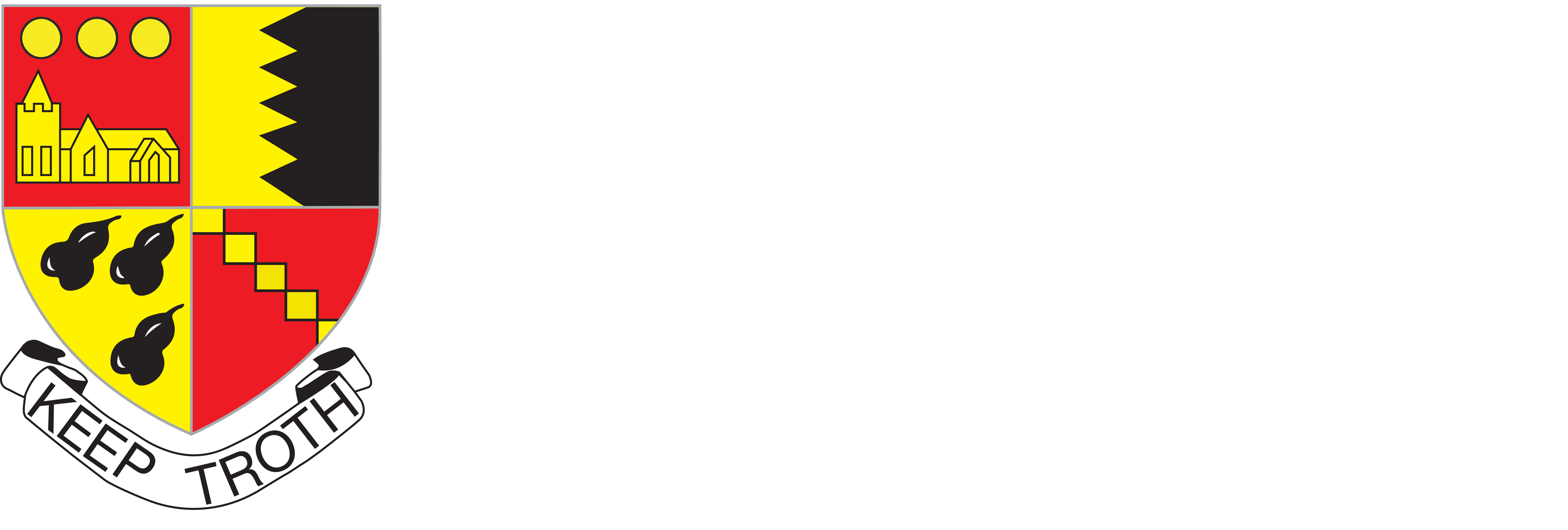The Curriculum at Yardleys
As with everything at Yardleys, the curriculum emerges from and supports to realise our aims:
- To achieve academic excellence
- To educate the ‘whole child’ so they are ready for life
- To work collaboratively and ethically to provide education of the highest standard
Academic Excellence
We follow the National Curriculum at Key Stage 3, offering the students a broad, balanced and rich foundation of knowledge to help prepare them for not only continued study at GCSE, but for life beyond their time at Yardleys. At Key Stage 4 we offer a wide range of courses to develop students’ knowledge, understanding and experience in preparation for further study, future employment and, more broadly, success, well-being and happiness in life.
Each subject is organised into a faculty:
Underpinning each of the curriculums is the intent to impart and imbue students with what Michael Young describes as “powerful knowledge” (Knowledge and the Future School, 2014): knowledge that is specialised and agreed upon as ‘better’ (by a community of specialists), but is also conceptual, so is open to change and is even emancipatory in that it allows pupils to connect with concepts that take them beyond their own experiences and empowers them to create new knowledge and join the aforementioned specialists in shaping what that ‘better’ knowledge is moving forward, or as Basil Bernstein argues, “to think the unthinkable and not yet thought” (Pedagogy, Symbolic Control and Identity, 2000).
In terms of implementation, teaching adopts an evidence-informed approach, and as such, is founded upon direct instruction and cognitive science, particularly the work of Barak Rosenshine’s ‘Principles of Instruction’ (2010) and Danial Willingham, most notably, his Why Don’t Students Like School (2009). Furthermore, the role of disciplinary literacy is prioritised, in particular the importance of oracy, using the framework of learning to, through and about talk (see below), and not just for purposes of academic success, but for the benefit of more holistic and life-long reasons and benefits.
Whole Child
Yardleys has a robust and extensive Personal Development curriculum that, in addition to the statutory guidance, takes into account both our local context and the ever-changing and challenging world that our students find themselves within. There are six areas – Physical Health, Mental Health, Relationships, Sex Education, Democracy and British Values and Careers and Enterprise – that are spiralised to ensure frequency of coverage and age-appropriateness of content. A fundamental intent of the curriculum is character development and readiness for life in modern society and 21st Century Britain.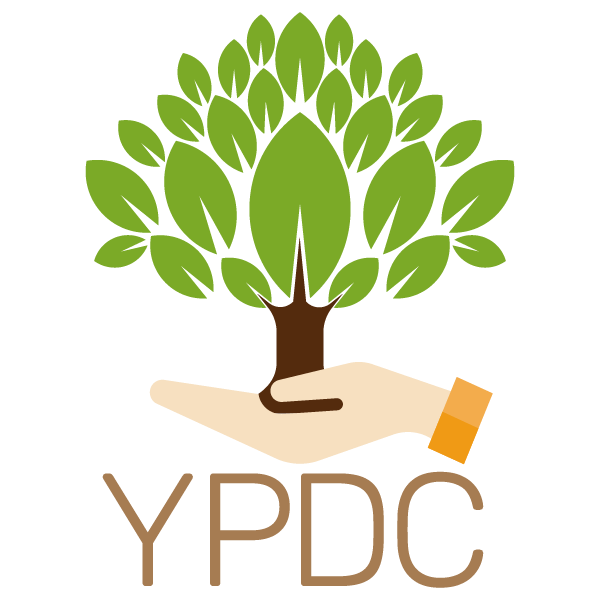
Furthermore, in addition to a full and varied extra-curricular offer for students, they also experience and enjoy a weekly Enrichment session. There are four blocks – Physical, Mental, Creative and Community – with students following a pathway where they get the opportunity to explore activities from knitting and pottery to coding and chess, from combat sports and badminton to DofE and eco-warriors.
Timetabled into the week is also Guided Reading where students read a diverse and challenging range of fiction and non-fiction texts.
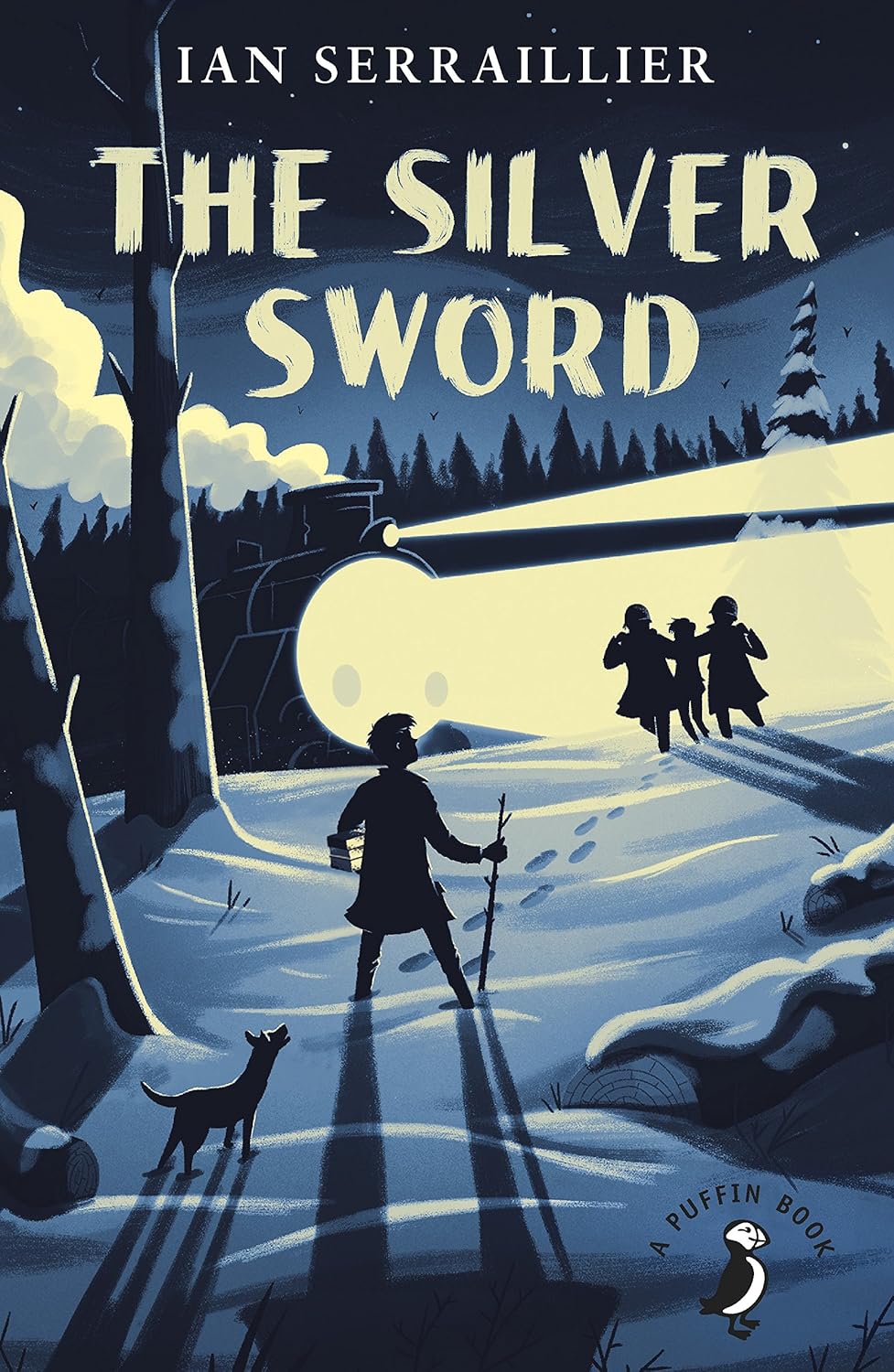
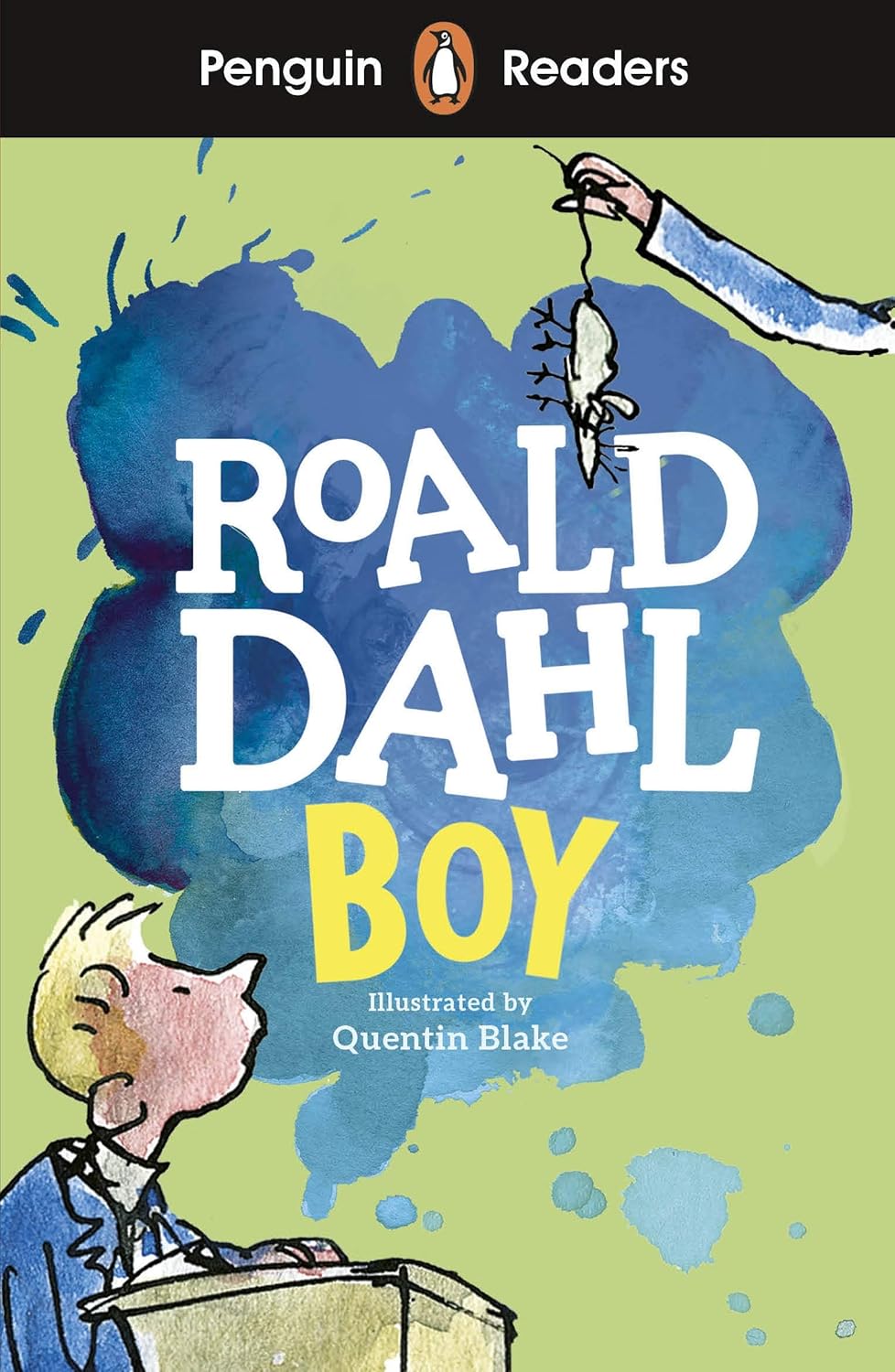
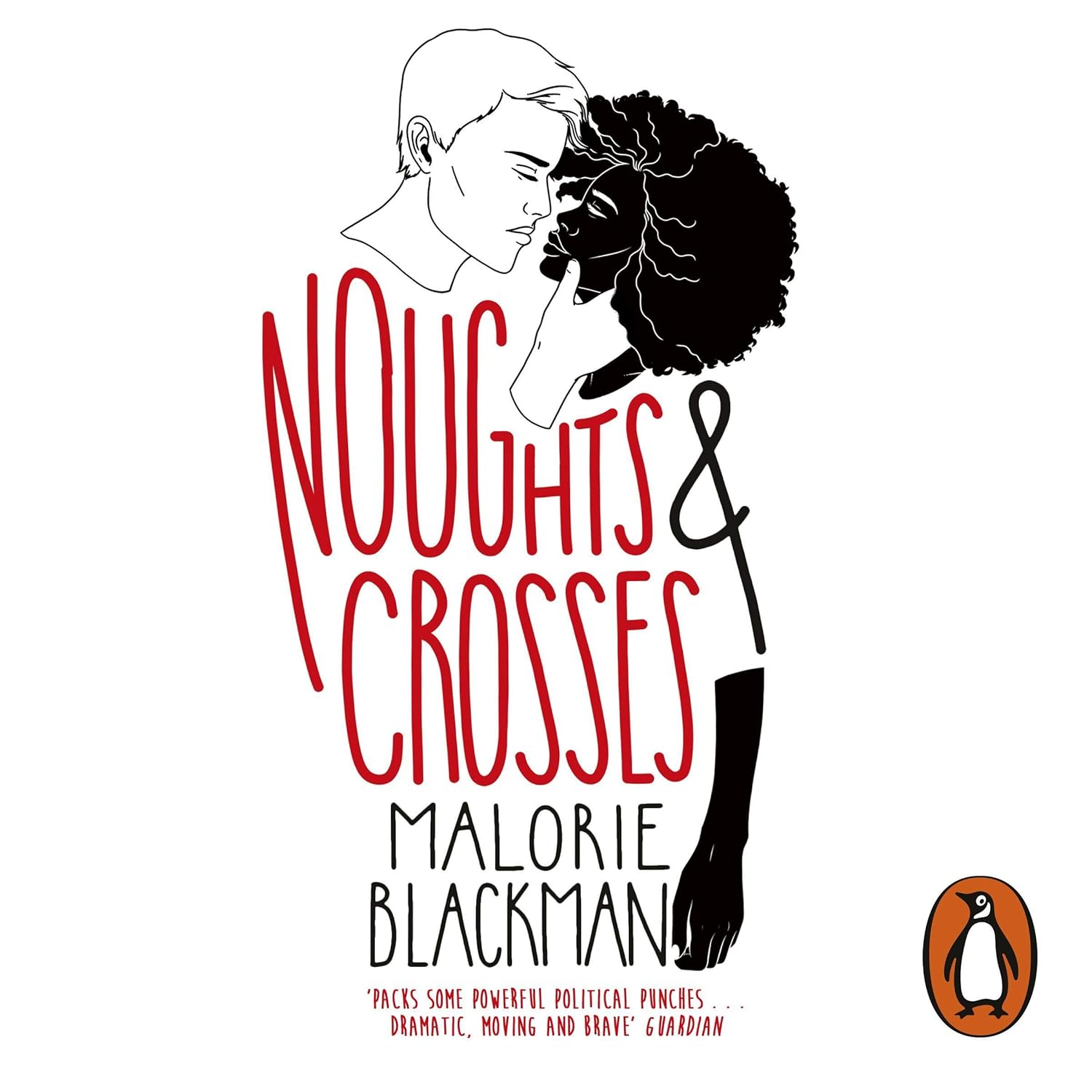
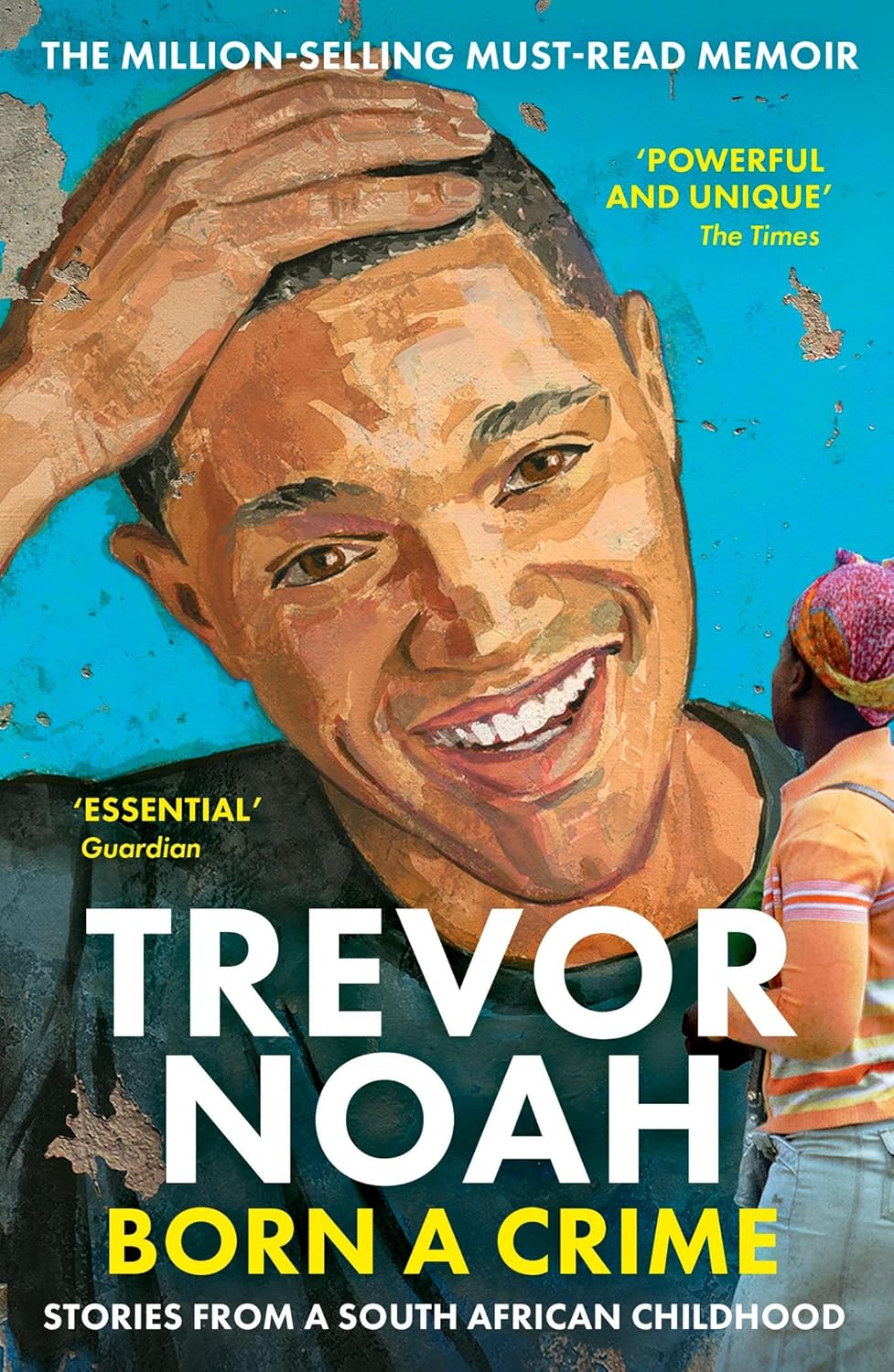
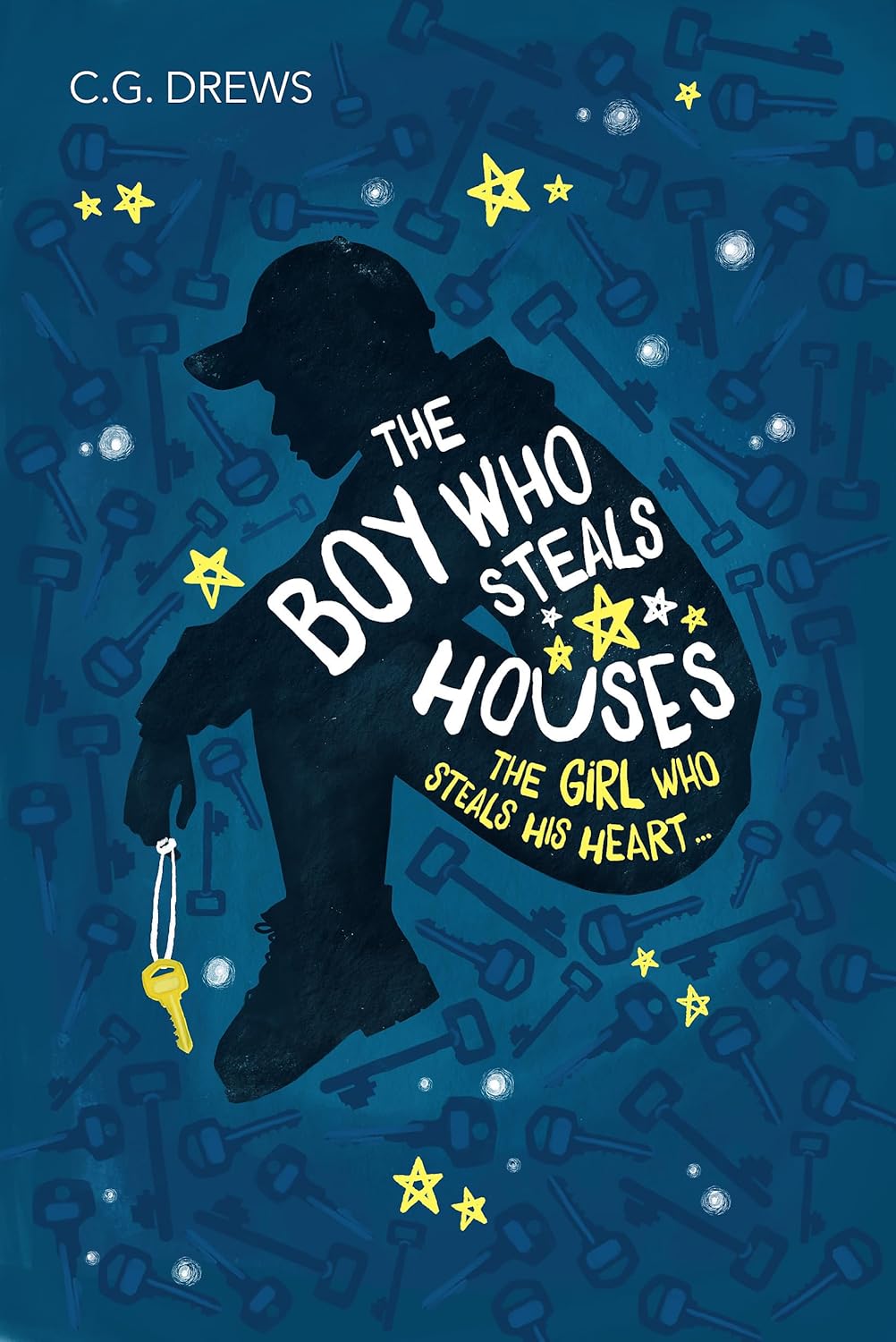
The connection between reading and success at school is as obvious as it is well-documented (for a summary, see Mulcahy, Bernardes and Baars, 2019); furthermore, there is also evidence to suggest that literacy is connected to life-expectancy (see Bavashi, Slade and Levy, 2016). Arguably, nothing we do at Yardleys provides a more apt and tangible link between our aims of academic excellence and educating the whole child; yes, we want our students to be good readers so that they can do well in their GCSEs, but we also recognise the importance of reading beyond the classroom, beyond qualifications, beyond their time with us – we recognise that being literate is almost a rite of passage into society and one of the keys to living a long, healthy and happy life, and is why it is prioritised and planned-for in our curriculum.
